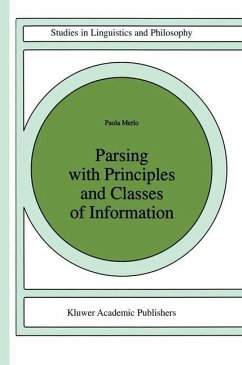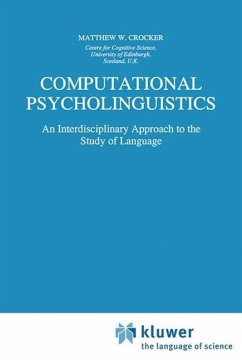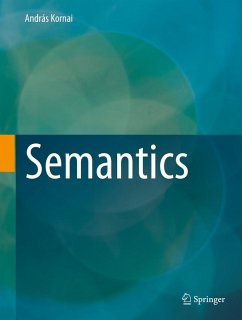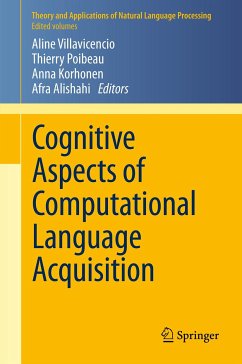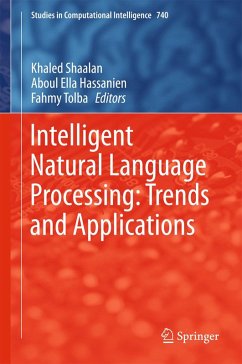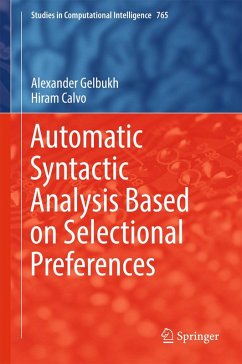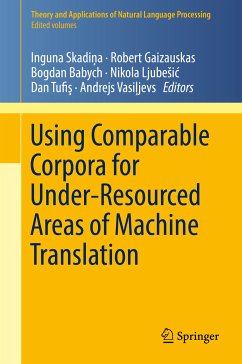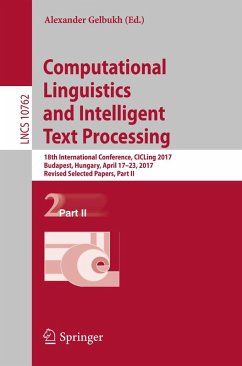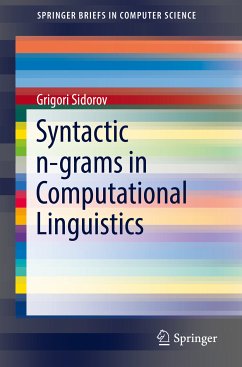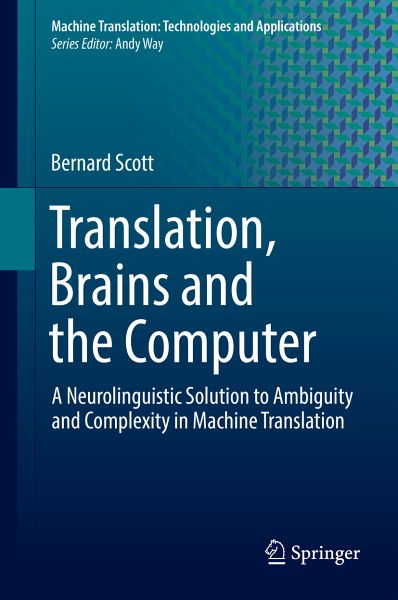
Translation, Brains and the Computer (eBook, PDF)
A Neurolinguistic Solution to Ambiguity and Complexity in Machine Translation
Versandkostenfrei!
Sofort per Download lieferbar
104,95 €
inkl. MwSt.
Weitere Ausgaben:

PAYBACK Punkte
52 °P sammeln!
Addresses fundamental issues to solve the classic problems with machine translation
Identifies complexity as principal reason why machine translation has had limited success
Illustrates problems of ambiguity and complexity in various present-day machine translation models, rule-based (RBMT), statistical (SMT) and neural MT (NMT)
Dieser Download kann aus rechtlichen Gründen nur mit Rechnungsadresse in A, B, BG, CY, CZ, D, DK, EW, E, FIN, F, GR, HR, H, IRL, I, LT, L, LR, M, NL, PL, P, R, S, SLO, SK ausgeliefert werden.



